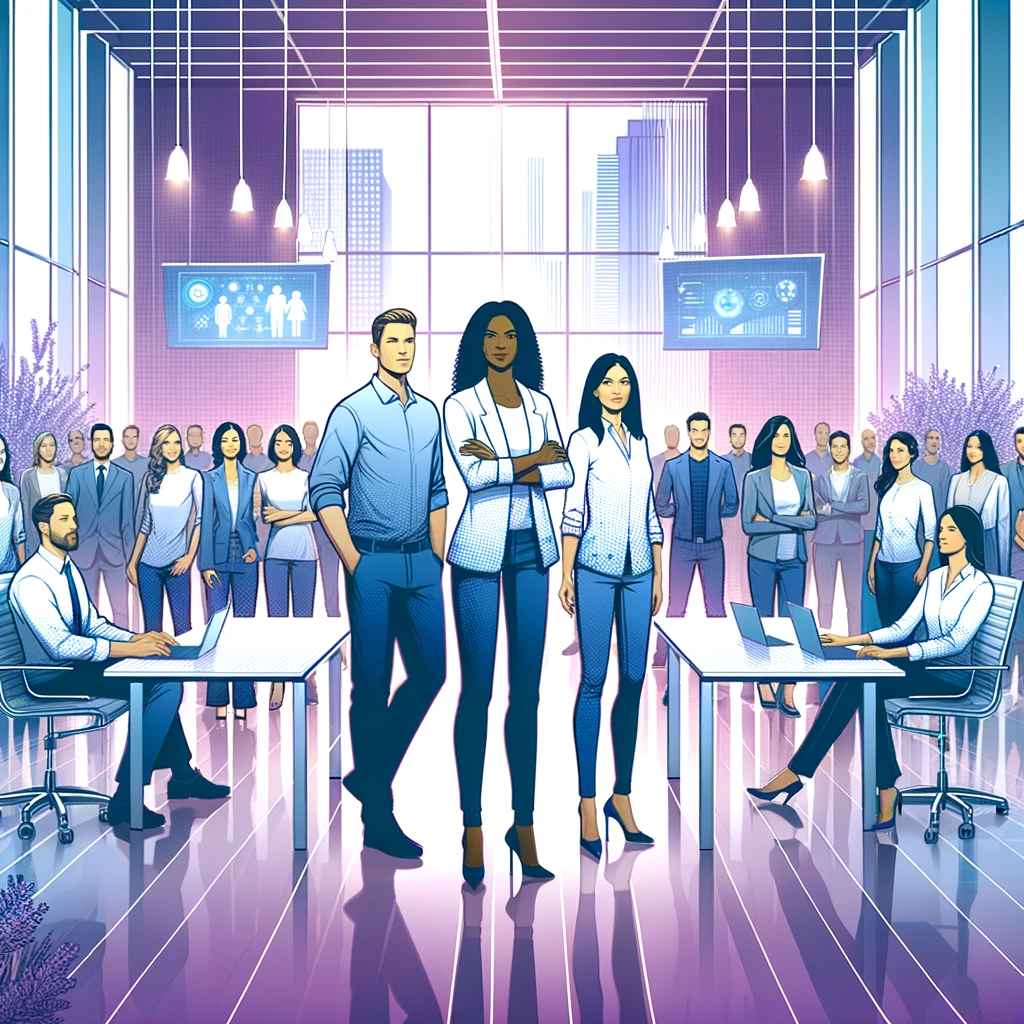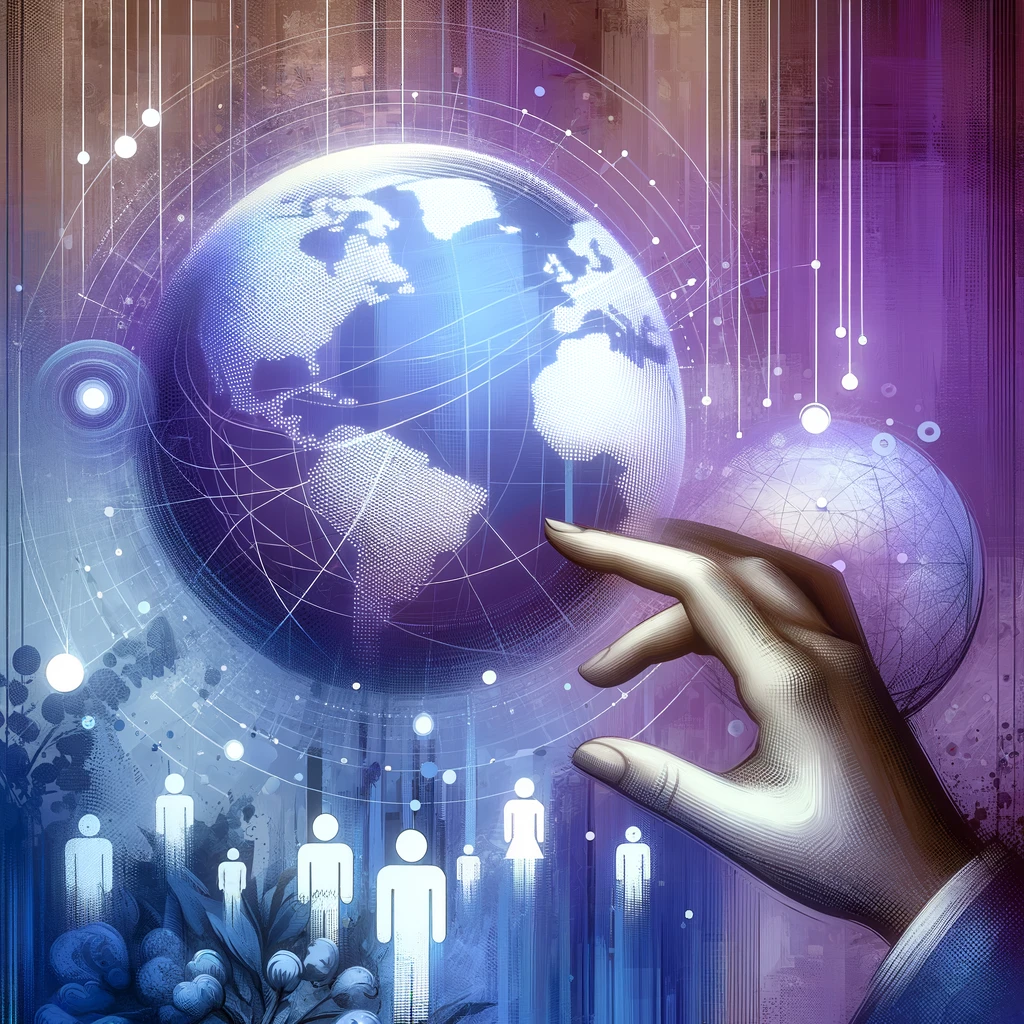Everyone has a role in company’s culture
Everyone has a role in company’s culture

Organization’s culture is the system of beliefs, values and actions within an organization that is unique for each company.
“Culture is the glue that binds an organization together. It has a very significant impact on the firm’s effectiveness, ethics, and governance”
–Adrian Montague, former Chairman of Aviva plc
Each employee in all levels has an important role in organizational culture. Let’s explore these specific roles below.
Directors
Leaders determine and express the organization’s vision.
Directors hold a role in culture creation. And also follow along the culture is linked with goals and meets needs of all stakeholders, according to Denise Yohn.
Organization’s founder, leaders and managers have a very important role in culture because they hold the responsibility of development, decision making and strategy.
Managers
Culture delivery to employees
Management holds responsibility for organizational culture delivery to employees through onboarding. And also helping them understand the culture by communicating it across the organization, making the vision clear and understood.
Managers can offer communication styles, common language and also corporate celebrations. Communication is described as the main culture integration tool. Culture can be communicated through mission and vision statements, employee handbooks, hiring and training processes, according to Lumen.
Creation of culture elements
Often managers not only introduce employees to the organization’s culture but also create elements of it – mission and vision, symbols, rituals and stories.
Role models
Managers are role models in companies with employees’ eyes on them. Their behavior shows individuals how they should behave. And employees can subconsciously behave and act like their managers behave.
And also managers actions have a role in trustworthiness building. Employees’ commitment and trust in an organization is established by ethical behavior of managers, wrote Christine Kane-Urrabazo. A study confirms the correlation between organizational culture with leadership behavior and job satisfaction. Plus employee engagement is upon managers for 70% variance.
Senior leaders
Executive’s role in an organization’s culture is the definition and creation processes.
Senior leaders are suggested to teach managers to lead the team in a motivating way in result building a culture that leads to success.
Joe DePinto, CEO of 7-Eleven shared his experience, telling that CEOs have to be visible and around, available and accessible. They also hold responsibility that the organization’s systems are congruent with the culture they are trying to foster.
To realize their plans, CEO’s need to recruit, hire and develop talents.
Employees
By being introduced to desired organization culture, employees act and work in a certain organization-characteristic way because the culture is socially learned. And interestingly at the same time employees behavior also impacts the culture. When culture provides a strong sense of identification, employees take a part in the shared meaning and go to the same goals.
Employees might be asked to give feedback on the organization culture and also be involved in culture creation and changing. Feedback might be asked on a company’s values, how they perceive and realize them, delivered experience to customers, open communication and decision making processes.
Culture creation takes time, effort and everybody’s participation.
“Employees are critical to culture. Leaders are critical to culture,” wrote Russ Elliot, executive and leadership coach.
Everyone in the company has a role in the complicated culture’s puzzle.









